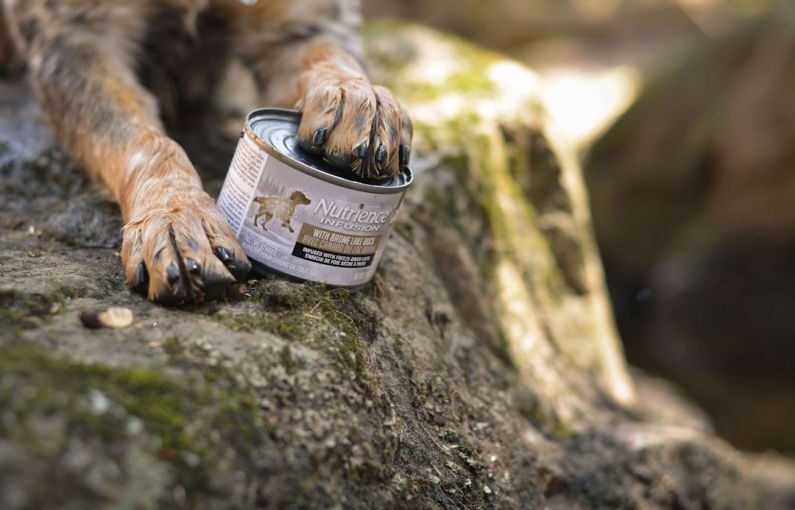Puppies are undeniably adorable, and watching them grow and develop is a rewarding experience for any pet owner. One crucial aspect of ensuring your puppy’s healthy growth and development is choosing the right food. The nutrition your puppy receives during this stage of life will lay the foundation for their overall health and well-being. In this article, we will explore the importance of selecting the appropriate puppy food that meets their growth and nutritional needs.
**Understanding Your Puppy’s Nutritional Needs**
Puppies have unique nutritional requirements compared to adult dogs. They are in a crucial stage of growth and development, requiring a diet that supports their rapid growth, muscle development, and overall health. A well-balanced puppy food should contain essential nutrients such as protein, fats, carbohydrates, vitamins, and minerals in the right proportions to meet their specific needs.
**Importance of High-Quality Protein**
Protein is a crucial component of a puppy’s diet as it plays a vital role in muscle development, tissue repair, and overall growth. Look for puppy foods that list a high-quality protein source, such as chicken, beef, or fish, as the primary ingredient. Avoid foods that contain excessive fillers or by-products, as these may not provide the necessary amino acids that puppies require for healthy growth.
**Balanced Fats for Energy and Coat Health**
Fats are another essential component of a puppy’s diet, providing a concentrated source of energy and supporting healthy skin and coat. Look for puppy foods that contain omega-3 and omega-6 fatty acids, which are beneficial for brain development and a shiny coat. However, be mindful of the fat content and opt for moderate levels to prevent excessive weight gain in your growing puppy.
**Carbohydrates for Energy and Digestive Health**
Carbohydrates are a source of energy for puppies and also play a role in maintaining healthy digestion. Whole grains such as brown rice, oats, and barley are good sources of carbohydrates that provide sustained energy for your puppy. Avoid foods that contain excessive amounts of simple carbohydrates or fillers like corn syrup, which offer little nutritional value and can lead to digestive issues.
**Vitamins and Minerals for Overall Health**
Vitamins and minerals are essential for a puppy’s overall health and well-being. Look for puppy foods that are fortified with essential nutrients such as vitamin E, vitamin C, and calcium to support bone growth and immune function. A well-balanced puppy food should provide all the necessary vitamins and minerals to ensure your puppy’s optimal development.
**Avoiding Allergens and Fillers**
When selecting puppy food, it is essential to be mindful of potential allergens and fillers that may not be suitable for your puppy. Common allergens in dog food include grains like wheat and soy, as well as artificial additives and preservatives. Opt for puppy foods that are free from unnecessary fillers and allergens to prevent digestive upset and food sensitivities in your growing pup.
**Conclusion: Setting Your Puppy Up for Success**
Choosing the right puppy food is a crucial decision that can impact your puppy’s growth, development, and overall health. By selecting a high-quality, nutritionally balanced food that meets your puppy’s specific needs, you are setting them up for a lifetime of good health and well-being. Consult with your veterinarian to determine the best diet for your puppy based on their breed, size, and individual requirements. Remember, investing in your puppy’s nutrition now will pay off in the form of a happy, healthy companion for years to come.





